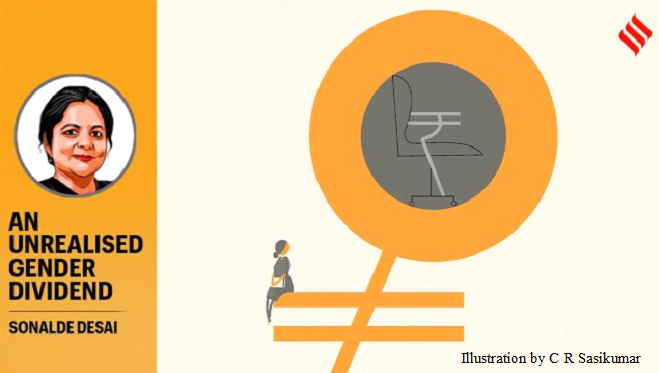
The India Human Development Survey (IHDS) is one of NCAER’s flagship projects and India’s only national household panel data set. The Survey has been conducted in two phases in 2004-05 and 2011-12, and the third phase is currently ongoing. IHDS-3 is funded by the US National Institutes of Health, and the collaborators in the project include NCAER’s long-standing research partner, the University of Maryland, along with the University of Michigan and Indiana University Bloomington.
The IHDS seeks to provide the first large nationwide panel for Indian households. In order to accomplish that, all the households surveyed during IHDS-1 in 2004–05 were re-surveyed in 2011–12 as part of IHDS-2. With a re-contact rate of over 83 per cent, this panel provides a unique opportunity to study changes in Indian society during an era of rapid social transformation. The IHDS is thus a highly regarded public resource with over 11,000 users in phases 1 and 2. More than 500 papers have also been published using these data.
IHDS-3 is aimed at assessing changes in an individual’s life course as well as the impact of economic changes and public policies on household well-being by studying different dimensions of human development like education, health, caste, and gender relations. Currently, questionnaire designing, data model testing, and translation are in progress for implementation of IHDS-3. Analysis of the prior phases continues with a large number of publications in 2020-21. We also continue to support data users and send monthly newsletters highlighting research undertaken using IHDS data.


This paper explores ‘gatekeeping’, the phenomenon where access to a sample person in the household is controlled by another person. Gatekeeping of female persons is especially an issue in societies governed by gendered social norms. It can increase survey error by reducing response rates and potentially increasing non-response bias, and can increase measurement error when... Read More

Of the four key areas that define women’s empowerment, personal efficacy, power in intra-household negotiations, societal engagement, and access to income-generating activities, we see improvements in the first three domains. In contrast, the fourth — access to employment — has stagnated.